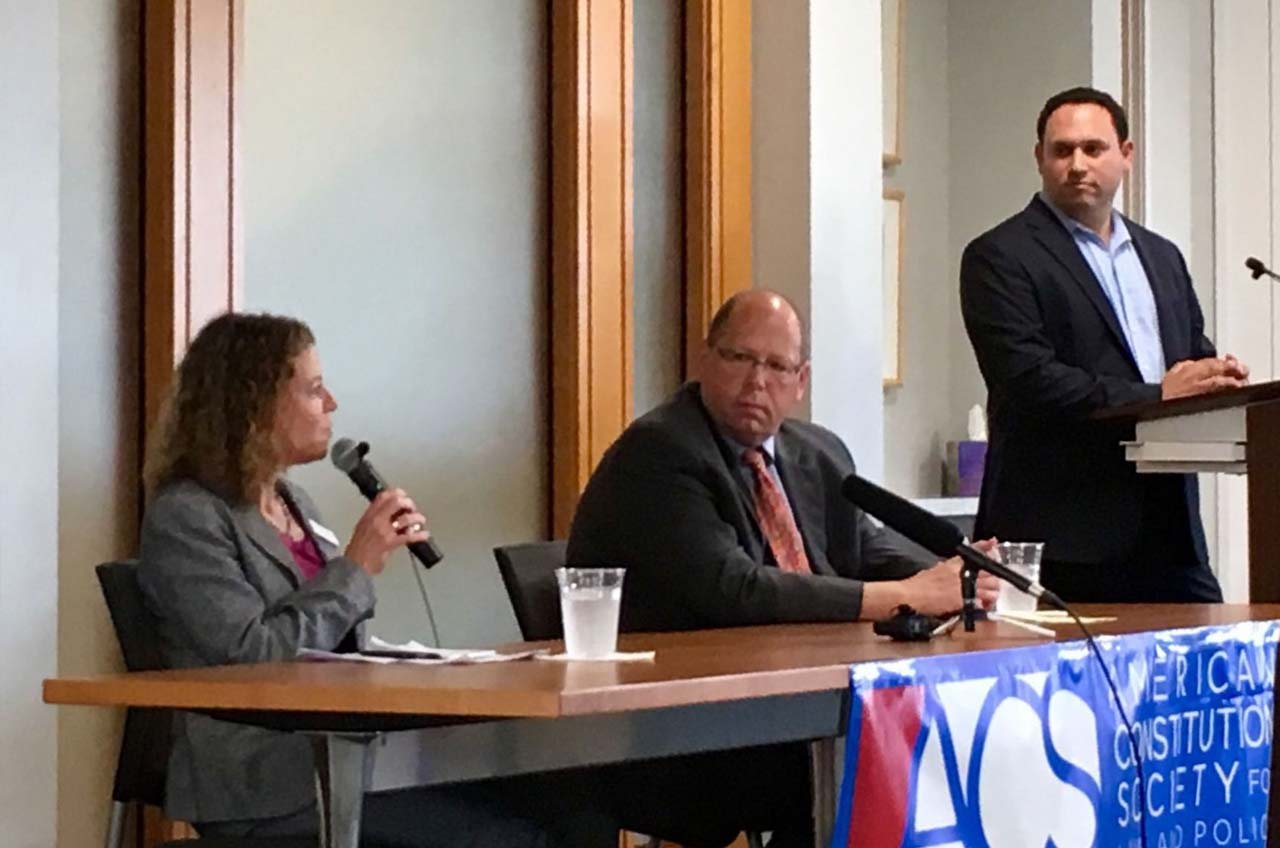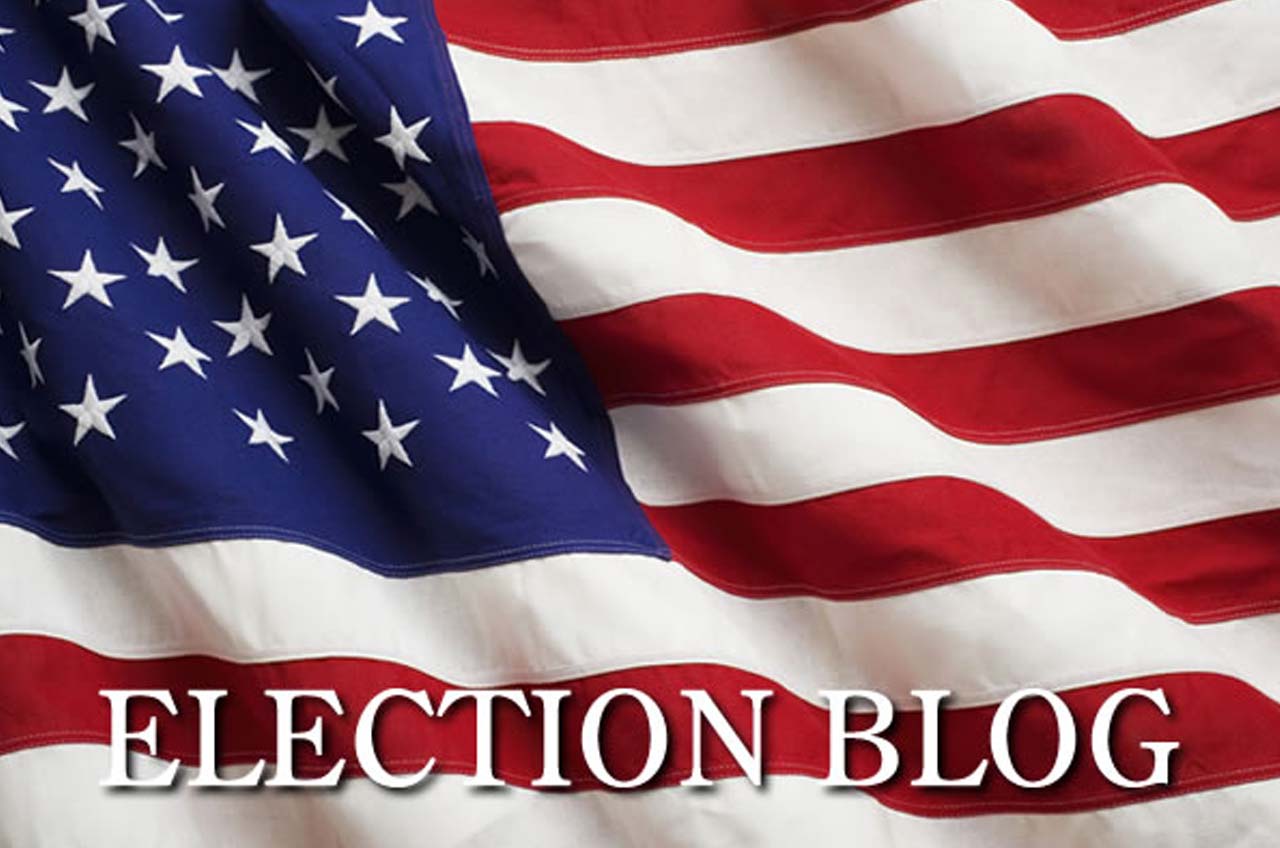The race for an open seat on the state Supreme Court will accelerate after a Tuesday deadline passed with three candidates filing to run: Madison attorney Tim Burns, Milwaukee County Judge Rebecca Dallet and Sauk County Judge Michael Screnock.
Two of the three candidates will emerge from a primary election Feb. 20 to face off in the April 3 general election.
State judicial races are officially nonpartisan. Still, the primary is likely to center on Burns and Dallet courting Democratic and liberal voters, said Ryan Owens, a UW-Madison political science and law professor who studies the courts.
Screnock, meanwhile, has support from conservative groups and is expected to get the majority of support from Republican voters.
The Supreme Court seat is being vacated by Justice Michael Gableman, also backed by conservatives, who is not seeking re-election.
Screnock and Dallet had been approved to be on the ballot by the deadline to file, which was 5 p.m. Tuesday. State elections officials were still reviewing Burns’ nomination papers — submitted late Tuesday afternoon — to confirm their validity.
Burns, a partner at the Perkins Coie firm who specializes in insurance law, has explicitly touted his liberal views, saying he’ll uphold them if elected to the court.
“I’m a progressive,” Burns said in a statement. “I’m not going to apologize for those beliefs, and I’ll be talking about them as I travel Wisconsin these next three months.”
That approach has won him endorsements, including from U.S. Rep. Mark Pocan, D-Black Earth, and Our Wisconsin Revolution, a group that grew out of Bernie Sanders’ 2016 presidential bid.
It also has drawn criticism from the other candidates who call it inappropriate for a nonpartisan judicial candidate.
Dallet has vowed to be an independent voice on the court and has said that justices taking political stances harms the court’s integrity.
In a statement, spokeswoman Jessica Lovejoy touted Dallet’s 23 years spent working as a prosecutor and judge.
“With so much at stake here in Wisconsin, inexperience is not an option if we want to protect our values at the highest level,” Dallet said.
Dallet’s endorsements include a long list of judges, including former Supreme Court Justice Louis Butler, and other law-enforcement and elected officials.
Owens said the primary race could determine which is valued more by Democratic and liberal-leaning voters: judicial credentials, touted by Dallet, or ideology, where Burns may have an edge.
Whichever of those factors motivates more voters to participate in a spring primary — typically a low-turnout election — could determine who advances to a potential general-election race, Owens said.
Screnock is a judicial appointee of Gov. Scott Walker who once worked on a team of lawyers to defend Walker’s collective bargaining law, Act 10, against lawsuits.
Owens predicted the national backlash among Democrats to President Donald Trump could play a role in turnout for both the primary and general elections.
“The left is highly motivated right now,” Owens said. “I think there will be a national impact on this statewide race.”



